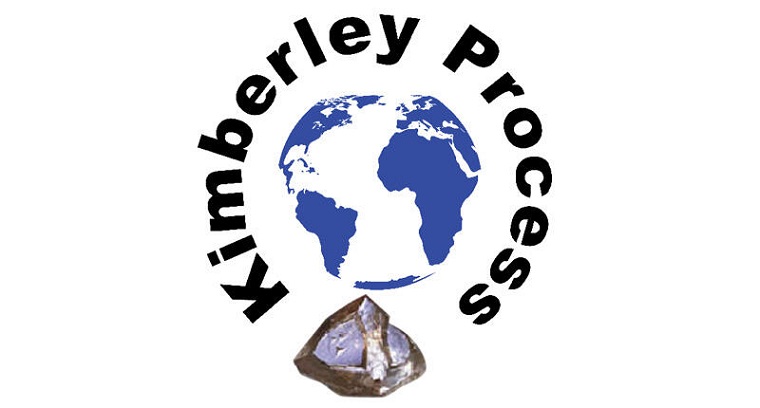 The Kimberley Process (KP) has elected Zimbabwe as the organization’s future leader — and the Civil Society Coalition has said it’s okay with that.
The Kimberley Process (KP) has elected Zimbabwe as the organization’s future leader — and the Civil Society Coalition has said it’s okay with that.
The country, which has faced criticism for alleged human-rights abuses at mines, will take over as vice chair next year, the KP announced in a communiqué following last week’s annual plenary.
In accordance with the way the KP works, that means Zimbabwe will become chair for a year in 2023.
Zimbabwe expressed interest in being vice chair, and no nations objected, Shamiso Mtisi, the coordinator of the Civil Society Coalition, said. In such cases, the appointment gets automatic approval, he explained.
Zimbabwe won’t be the first KP chair that has problems in its own country, argued Mtisi, who is also deputy director of the Zimbabwe Environmental Law Association (ZELA). What’s more, the situation in the country is better than in the past, including at the infamous Marange mining fields, he said.
The Zimbabwe Consolidated Diamond Company (ZCDC), the state-owned mining operation, “is trying to come up with new ways of improving the human-rights situation in Marange and also trying to adopt responsible-sourcing measures,” Mtisi commented. Being chair might even help Zimbabwe polish its practices further, he added.
Allegations of violence at Marange have persisted for years. In the August issue of Rapaport Magazine, Farai Maguwu, founding director of the Zimbabwe-based Centre for Natural Resource Governance (CNRG), claimed violence had become “normalized” as a way of protecting the site.
Botswana will succeed Russia as chair in 2022, having been vice chair this year.- Rapaport
(96 VIEWS)

